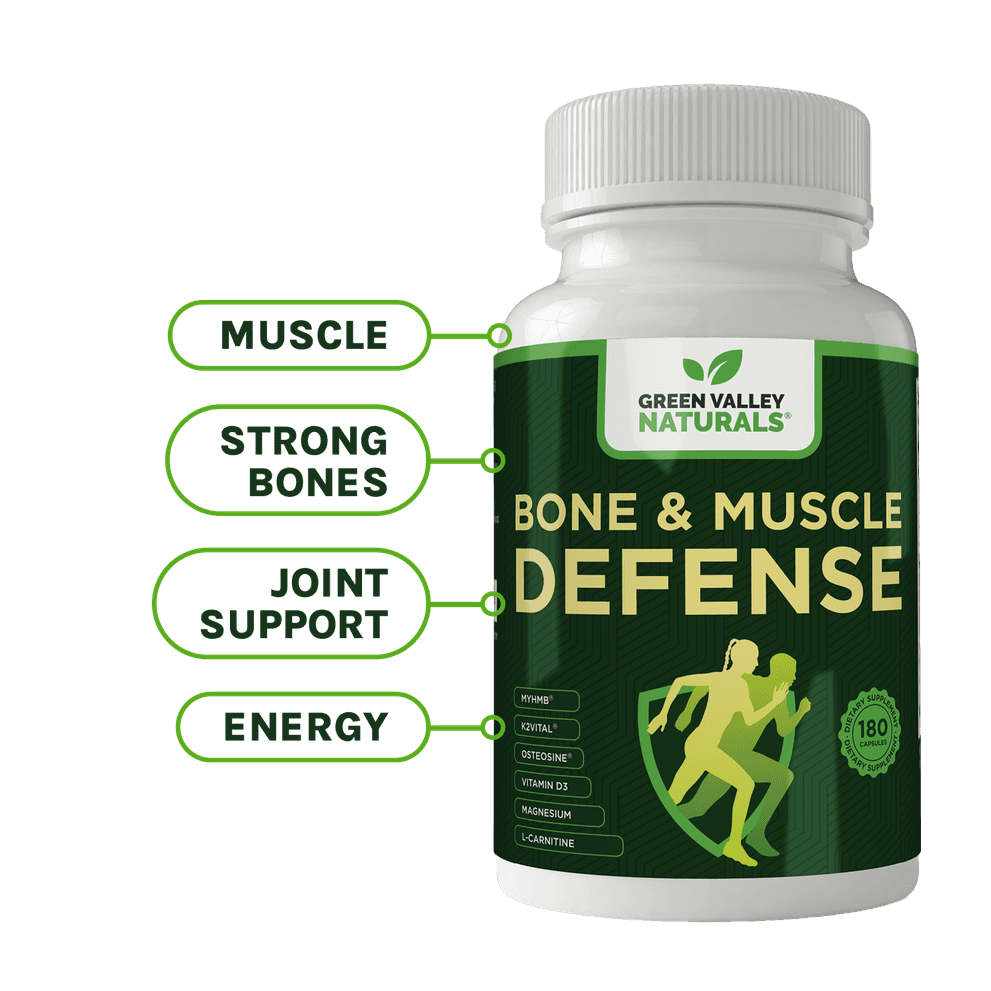Now imagine that nearly half of us aren’t getting enough of it. This underappreciated mineral quietly works behind the scenes, activating essential vitamins and supporting nearly every system in your body.
What is it, and why is it so critical for your health? Keep reading to uncover the surprising science and simple ways to harness the mineral magnesium and all of its powerful benefits.
Key Takeaways
Without adequate magnesium, vitamin D cannot be metabolized effectively, leading to potential health risks like poor heart and bone health.Magnesium can support healthy circulation while improving muscle and bone strength.Processed food consumption has left half of Americans magnesium-deficient, highlighting the need for dietary changes and supplements.
Magnesium: A Dangerous Deficiency
Medical researchers from around the country attended a workshop in Massachusetts just to discuss the importance of magnesium. The folks at the workshop, which included academics from Northwestern, the University of Minnesota, Indiana University, and other institutions, concluded that the U.S. needs “increased public health emphasis and educational messages” to get all of us to take in more magnesium.1
When you’re short of magnesium, your body can’t make use of vitamin D, and you run an increased risk of illness. Research at Lake Erie College of Osteopathic Medicine shows that when the level of magnesium in your body drops, you can’t metabolize vitamin D. The result: the vitamin gets stored and stays inactive instead of helping to improve your well-being.
2
"People are taking vitamin D supplements, but don't realize how it gets metabolized. Without magnesium, vitamin D is not really useful or safe," warns researcher Mohammed S. Razzaque, a professor of pathology.
According to Professor Razzaque, taking D supplements without enough magnesium can cause your calcium and phosphate levels to climb. The increase in circulating calcium can lead to its collection in the arteries. This change, in turn, hardens the blood vessels and may lead to the buildup of artery blockages that starve the heart muscle of its blood supply.
On the other hand, Professor Razzaque points out that if you have plenty of magnesium, the combination of vitamin D and
magnesium helps your body avoid the bone-weakening effects of aging and lowers the risk of fractures.
How Much to Take
Now, while the recommended daily allowance for magnesium is 420 mg for men and 320 mg for women, the typical daily U.S. diet has about half of that. That’s why about one of every two Americans is short of this nutrient.
The chief culprit causing our low magnesium levels is our heavy consumption of processed foods, which have had a slew of nutrients, including magnesium and fiber, removed.
Foods high in magnesium include beans, nuts, whole grains, and green leafy vegetables. You can also get plenty of magnesium through supplements.
My Takeaway
I believe that just about everybody should be taking magnesium supplements. Aside from the fact that so many of our foods are poor magnesium sources, our bodies may need additional help to absorb more of the magnesium from our meals.
Of course, magnesium supplements can cause problems. They give some people diarrhea. That’s why milk of magnesia is an effective laxative. I’m told that magnesium oxide is the most likely to loosen the bowels, while magnesium citrate is less likely to.
I take a chelated form of magnesium (bound to amino acids) because my research indicates this is the most absorbable form (likewise, for most other minerals – I prefer chelated forms).
Summary
Magnesium is a critical mineral often overlooked in modern diets, with nearly half of Americans not getting enough. Essential for activating vitamin D and supporting bone health, magnesium also helps your body age well. While whole foods like nuts, beans, and leafy greens are excellent sources, supplements may be necessary for optimal intake. Choosing the right form of magnesium, such as chelated magnesium, can improve absorption and minimize side effects like diarrhea.
Frequently Asked Questions
Why is magnesium important for health?
Magnesium supports vitamin D activation, bone strength, blood pressure regulation, and reduces risks associated with aging.
What foods are high in magnesium?
Foods like beans, nuts, whole grains, and green leafy vegetables are excellent magnesium sources.
How much magnesium do I need daily?
Men need 420 mg, and women need 320 mg of magnesium daily, though many diets fall short of this amount.
What type of magnesium supplement is best?
Chelated magnesium is highly absorbable and less likely to cause digestive discomfort compared to magnesium oxide.
Can magnesium cause side effects?
Some forms of magnesium, like magnesium oxide, can cause diarrhea. Opting for magnesium citrate or chelated magnesium may help reduce this risk.


